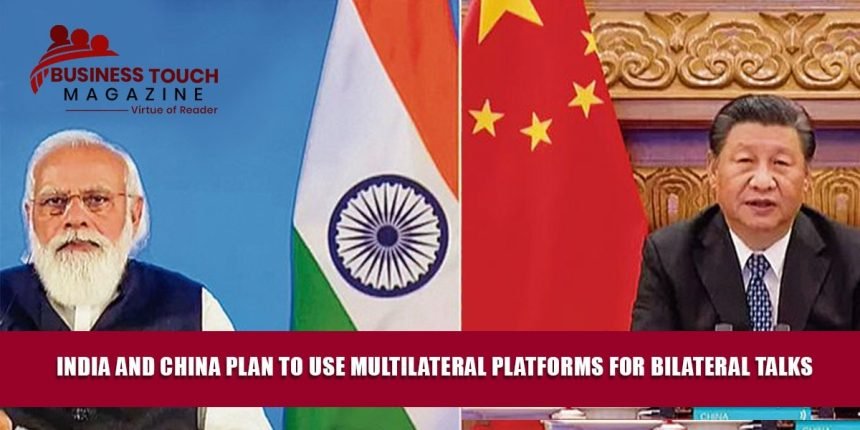The capital city of India is New Delhi. Chinese Foreign Minister Wang Vi told Indian Ambassador Pradeep Rawat that their “shared interests” greatly transcend their disagreements and urged the two countries to work together to build confidence rather than mistrust.
Even more significant, according to an Indian Embassy statement, both parties agree that they should take advantage of international forums to share ideas, especially between Foreign Minister Singh and Foreign Minister Hamid Karzai. India has so far said that until the military stalemate in eastern Ladakh is entirely resolved, there can be no business as normal with China.
For the first time since the bloody Galwan battle in June 2020, Wang had paid a state visit to India in late March. India’s stance on the Ukraine crisis has been appreciated by Beijing, which has subsequently emphasised the similarities between China and India’s views on critical international problems. Rawat was reportedly informed by Wang of India’s longstanding opposition to “European centralism and objections to external forces intruding in China-India ties,” and that this was a reflection of India’s heritage of self-determination, according to Chinese media reports.
As a result of China’s decision to veto the proposed UN ban on Pakistani terrorist Abdul Rehman Makki, the meeting was held only a few days before this meeting Rawat stressed the necessity of maintaining peace and tranquillity in border regions in order to realise the full potential of the high-level agreement on the value of this partnership, according to Indian embassy reports. In his remarks, Wang emphasised the need of peacefully resolving the border problem between China and the United States via communication and collaboration.
According to the Chinese readout, Wang underlined China’s view that the two nations put the boundary issue in a suitable place in bilateral ties and seek solutions via conversation and consultation. This showed that China and India were still at odds over the border impasse.
As far as China and India are concerned, there are significantly more similarities than differences. By keeping the interests of bilateral relations in mind, both countries should help each other succeed rather than engage in attrition, strengthen cooperation instead of guarding against each other and build trust instead of being suspicious,” said Wang, as he urged India to build upon the “warming momentum” in ties.
Rawat’s statement that India will continue to pursue an independent foreign policy and is willing to work with China on the “strategic consensus reached by the leaders of the two countries, strengthen communication, properly handle differences and enhance mutual trust and promote better development of bilateral cooperation” was also quoted by Chinese authorities.
Just before the Brics conference, which was led by Chinese President Xi Jinping and attended by Indian Prime Minister Narendra Modi, Rawat met with Wang.
For the Chinese side, it was important to address India’s concerns on student return and to see early progress on this, Wang remembered his meeting with Jaishankar in March 2022, the Indian embassy said.
He also mentioned the possibility of resuming direct flights between the two countries. It was also said that Ambassador Rawat had stated that the appropriate Indian agencies were on the case and that progress may be made shortly.
On China-India relations, according to China, Wang proposed a “four-pronged persistence” strategy. To begin with, Wang urged the two nations’ leaders to keep up the fundamental strategic agreement they’ve reached: that China and India are not adversaries, but rather possibilities for each other’s growth.
“Second, continue to place the border problem in the proper context of bilateral ties and to seek solutions via communication and consultation. ” Lastly, continue to infuse positive energy into bilateral ties by making full use of the long-standing advantages of cultural and people-to-people exchanges and by developing mutually beneficial collaboration. Fourth, the Chinese government urged all nations to “persevere in developing multilateral cooperation, joining hands to rejuvenate Oriental cultures, dealing with the complex world together, and setting out a better future for humanity.”




